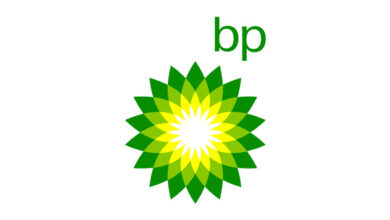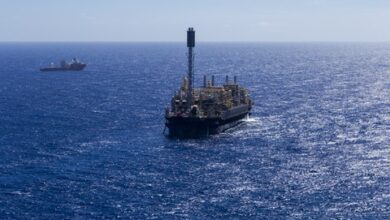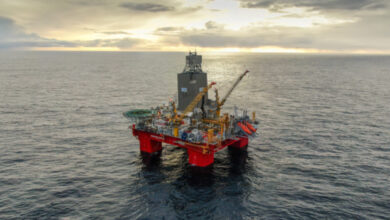Newly formed Shelf Drilling stakes claim in shallow-water markets

By Katherine Scott, associate editor
Although a good portion of the E&P industry has set its sights on deepwater as the next frontier, David Mullen, Shelf Drilling CEO, points out that shallow water still accounts for 70% of today’s offshore production and notes that his company has no plans to divert focus away from jackup operations. “Shelf Drilling is not going to start building deepwater rigs. We’re not going to start acquiring floaters. We want to focus on jackup operations. We want to build an organization that is fit for purpose,” Mr Mullen said. The company was established in September 2012 upon reaching a definitive agreement with Transocean to acquire 37 independent cantilever jackups and one swamp barge for approximately US $1.05 billion. The deal officially closed on 30 November 2012.
“Immediately upon closing, we took over operations of seven rigs; four in Egypt and three in Indonesia,” Mr Mullen said. “We are in a very prominent position; we have a market-leading position with a dedicated focus on shallow-water drilling jackup operations. We are the third-largest fleet of independent cantilever jackups in the world. The next question is, how are we going to make this a better business than what it is today?”
Of the 37 cantilever jackups, four are operating in Nigeria, one in Gabon and one in Angola, which is “a pretty good footprint in West Africa,” Mr Mullen said. In the Middle East, the company has five rigs operating in Saudi Arabia, four rigs operating in Egypt with another one stacked, and two stacked rigs in the UAE. In Southeast Asia, four rigs are operating in Thailand, one in Vietnam, two in Malaysia with two others stacked, and three rigs operating in Indonesia, with plans to add a fourth in the coming months. There are also six rigs operating in India.
“In today’s market, we see opportunities to work all of these rigs. Our first priority is to reactivate our stacked fleet,” Mr Mullen said. “Later, we’ll look at growing through newbuilds,” which he said the company would start in the next 18 months to two years.
In particular, Mr Mullen believes there will be opportunities to improve on current jackup designs. “We’re going to build something that doesn’t exist today. We will start by looking at the ways in which jackups are inefficient.” For instance, he said, current jackups are not very mobile, making the moving process weather-dependent and problematic. “We see that there’s a way to re-engineer and create new benefits. That’s why I would like to have 18 months before we order newbuilds because we want to build something that’s going to enhance the rest of the market.”
Market-wise, Mr Mullen said he sees tremendous growth potential in West Africa, Southeast Asia and the Middle East. “Mexico is also a very big market, but to put one asset working in Mexico when we have such a concentration of assets in the Middle East, West Africa and Southeast Asia wouldn’t make economic sense,” he said. “It serves to keep the focus on these markets rather than spread ourselves too thin.” Further, he said that most of the company’s customers are interested in longer contracts, allowing Shelf Drilling the opportunity to keep their rigs working for the same operator. “We see a very strong correlation between operating efficiency and enhanced performance when we have operations for the same customer over a long period of time.”
Although these markets all have certain challenges, Mr Mullen acknowledged, sometimes they become a differentiator between companies and “that it’s all a matter of knowing how to navigate them.” For example, he said, a number of international companies are exiting Nigeria shallow water. “But we have no intention to exit. We see that market as a very strong market. In Nigeria, and in Egypt, we employ a very strong local content, and I think that’s really what helps more than anything else.”
Mr Mullen is also confident that the jackup market is not overbuilt, noting that much of the newbuild supply is being directed toward either high-spec markets such as the North Sea and Norway or markets where Shelf Drilling does not participate, such as China and Iran. “The amount of rigs that are going to compete with our fleet are relatively few, and we certainly see incremental demand more than offsetting incremental supply. I believe that the market in the jackup sector will remain strong for some time to come. We see this as a very attractive time to be entering the business.”




